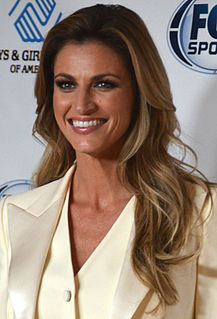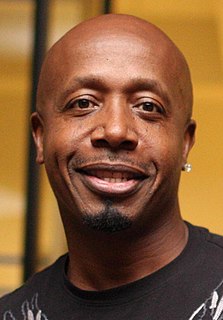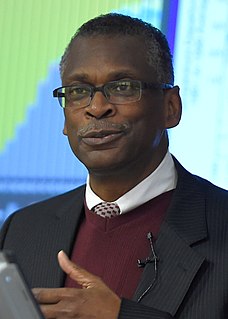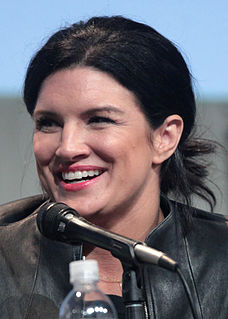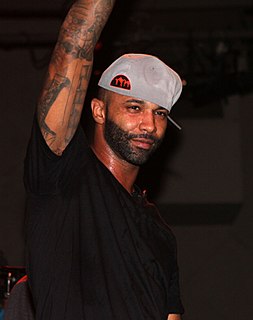A Quote by Errol Morris
This uses a lens system, which I have used for years in various different ways, but I've never used it in the context of an interview. This is the very first time that I've done that. It's a lens called The Revolution, so it allowed me to interview Elsa [Dorfman] and actually operate the camera. Well one of the cameras, because there were four cameras there.
Related Quotes
I've been doing photography in one form or another for, oh golly, over seventy years. I don't carry cameras. I used to. For many years I carried cameras wherever I went. Photograph whatever I saw that was of interest. In the last years, I've only used cameras to explore thematic ideas which presented themselves first. And then bring out the cameras to try to explore that idea.
Everybody has their iPhone cameras, BlackBerry cameras, and I see those cameras pointed up at me all the time now, which is actually really good because of what it does for me and my band. There is no time for us not to be on our toes because they're on all the time whenever you're playing. I think it's very healthy.
We used hand-held cameras 50 years ago. It wasn't something new. Sometimes we used a tripod, or we'd have a tracking shot, and sometimes - like when a character was being chased - we used a hand-held camera because it was right for the scene. In those cases, it helped the mood; it created immediacy and a feeling for the viewer that they were in the scene and in the moment.
I shot the way I wanted to shoot [in The Hateful Eight]. The only real disadvantage I felt at the time, but I don't feel now, was that we weren't able to get a zoom lens, and I had really gotten used to using a zoom lens for that little zoom creep. But it was also a nice thing to be forced to not use all the tools that you've gotten used to, from time to time, and to be able to work in a different way.
The way social media is now, and people are with cameras - we all live different lives whether you're in the spotlight or not. I mean, you can't be a boss or an executive of a big time company and act a fool, because there are cameras everywhere and people are going to document it and take pictures. I'm not used to stuff like that.
I got my first patent in 1979 before I left the Air Force. I called it the Digital Distance Measuring Instrument. It used ones and zeros and dots and dashes and a magnifying lens to read binary-encoded information from a scale that was photographically reduced. It used the same kind of technology that's used in CDs and DVDs.
In all the time I was with L.T.D., I was never allowed to do an interview by myself. I wasn't even allowed to talk on stage between songs. I couldn't get a publishing agreement or a production deal because everyone had their own little role to play in the group... and the money, well, anything split 10 ways can't be much.
Secretary Clinton used several different servers and administrators of those servers during her four years at the State Department and used numerous mobile devices to view and send e-mail on that personal domain. As new servers and equipment were employed, older servers were taken out of service, stored, and decommissioned in various ways.
'How the West was Won' was very hard, because it was a three cameras technique, meaning three cameras wide. Therefore I wasn't speaking to my fellow performer, I was speaking to a camera, or a line next to the camera. It was difficult to do, because its not real acting. I had to pretend that I was 'seeing' Agnes Moorhead or Jimmy Stewart or Carroll Baker. I wasn't, I was acting to a drawn line. It took me personally two years to make the film, because my character starts at age 16 and I end up being 92 years old in the film. By the end of that production, I was ready for a long nap.






